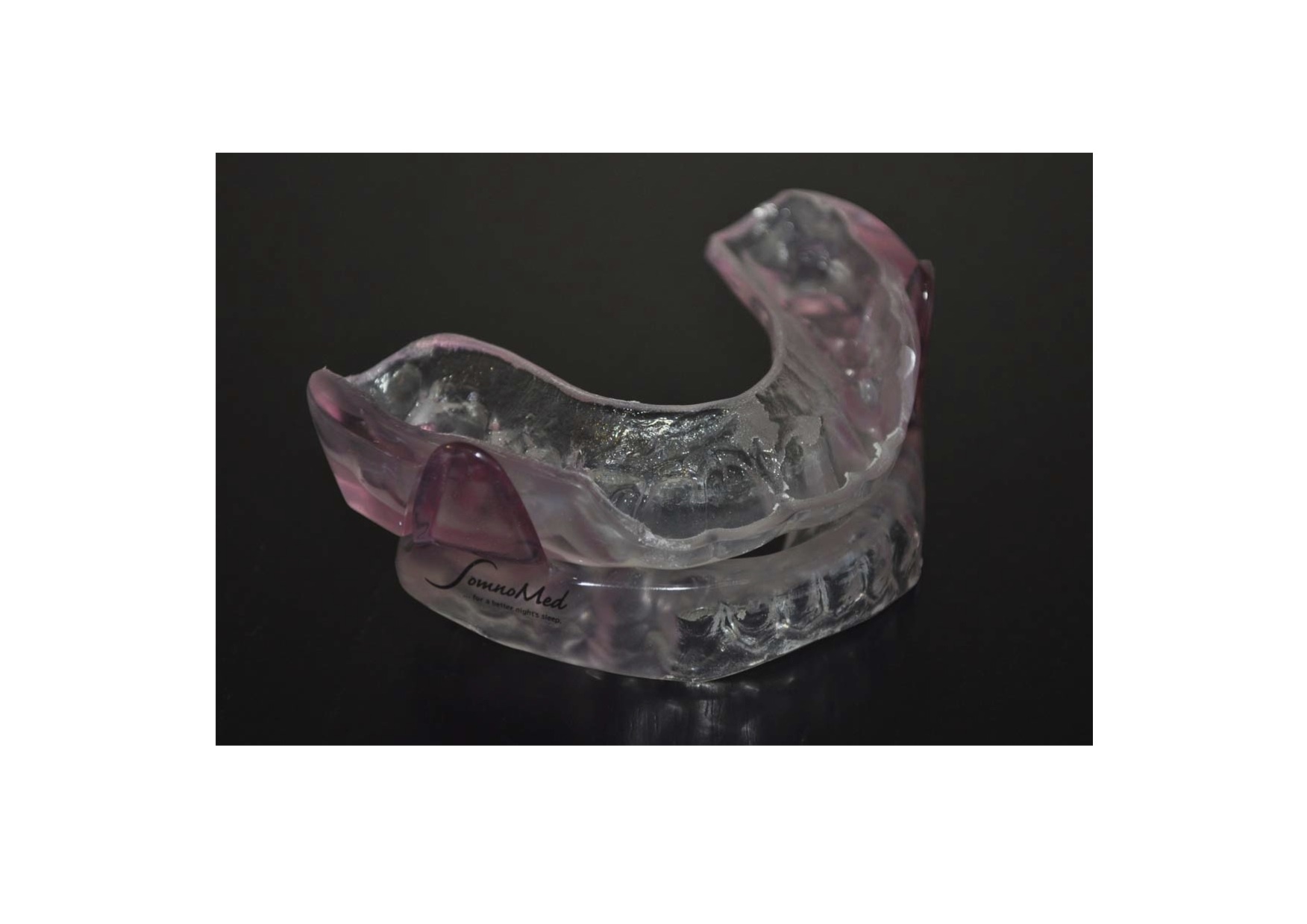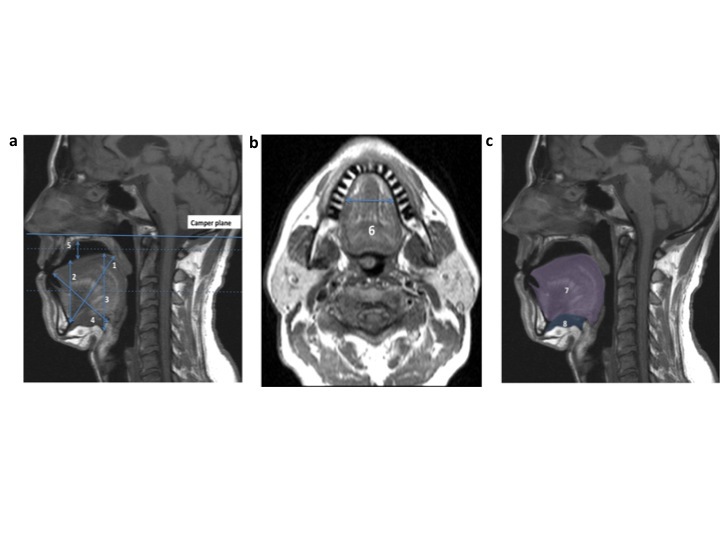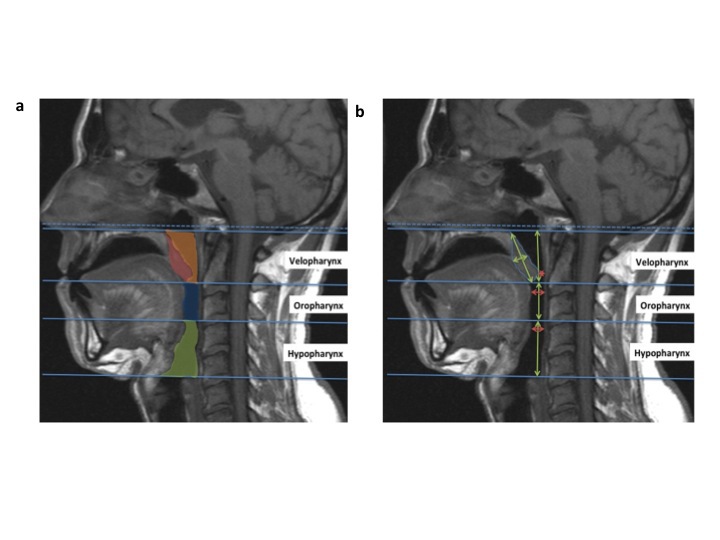IADR Abstract Archives
Tongue Shape Change With Mandibular Advancement Splint in OSAS Patients
Objectives: Mandibular advancement splints (MAS) can effectively treat obstructive sleep apnea (OSA), however treatment response is variable and the mechanisms behind differences in treatment outcomes are still not well understood. The aims of this study were 1) to assess the effects of MAS on tongue shape and 2) to compare tongue shape changes with MAS between treatment responders and non-responders.
Methods: Sixty-eight adults with symptomatic mild to severe OSA were included. A custom-made MAS was provided to patients and treatment outcome was determined by polysomnography. Two-dimensional measurements of tongue, soft palate and airway were evaluated using sagittal and axial MR image slices without and with MAS in situ.
Results: Based on polysomnography with MAS in situ, 47 patients were classified as responders (≥50% reduction in Apnea- Hypopnea index [AHI] from baseline), and 21 were non-responders (<50% AHI reduction). MAS responders had a shorter anterior height of tongue (4.83 ± 0.49 vs. 5.09 ± 0.46 cm, p =0.046) compared to non-responders. There was no change in sagittal tongue area with insertion of MAS, although there was a change in most of parameters of tongue shape. Responders showed a greater decrease in tongue length with MAS in situ compared to non-responders (-0.64 ± 0.46 vs. -0.32 ± 0.51 cm, p =0.016).
Conclusions: This study reports a detailed two-dimensional analysis of tongue and soft palate shape and position without and with MAS treatment for OSA. Our finding suggests that MAS does induce changes in tongue shape. MAS treatment responders showed a greater decrease in tongue length with MAS in situ, suggesting there may be differences between responders and non-responders in how MAS alters tongue position.
Methods: Sixty-eight adults with symptomatic mild to severe OSA were included. A custom-made MAS was provided to patients and treatment outcome was determined by polysomnography. Two-dimensional measurements of tongue, soft palate and airway were evaluated using sagittal and axial MR image slices without and with MAS in situ.
Results: Based on polysomnography with MAS in situ, 47 patients were classified as responders (≥50% reduction in Apnea- Hypopnea index [AHI] from baseline), and 21 were non-responders (<50% AHI reduction). MAS responders had a shorter anterior height of tongue (4.83 ± 0.49 vs. 5.09 ± 0.46 cm, p =0.046) compared to non-responders. There was no change in sagittal tongue area with insertion of MAS, although there was a change in most of parameters of tongue shape. Responders showed a greater decrease in tongue length with MAS in situ compared to non-responders (-0.64 ± 0.46 vs. -0.32 ± 0.51 cm, p =0.016).
Conclusions: This study reports a detailed two-dimensional analysis of tongue and soft palate shape and position without and with MAS treatment for OSA. Our finding suggests that MAS does induce changes in tongue shape. MAS treatment responders showed a greater decrease in tongue length with MAS in situ, suggesting there may be differences between responders and non-responders in how MAS alters tongue position.



